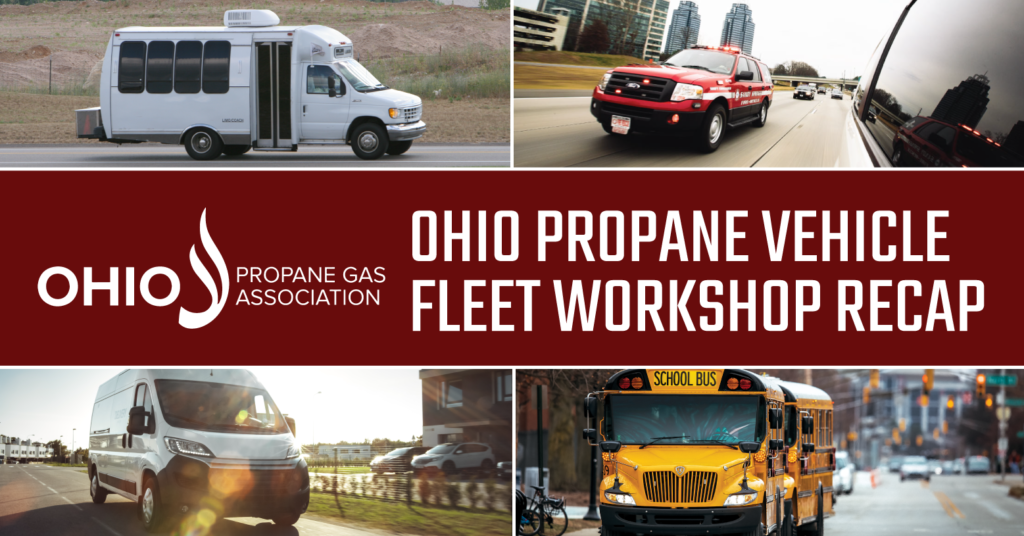
What You Missed During the Propane Workshop
Going Green and Saving Millions
Our Panel of experts discussed the three phases of deciding and building a propane vehicle fleet
Propane Fleet Workshop Take Away
“Saving Millions and Going Green”
Thank you for attending the OPGA’s Propane Vehicle Workshop. Our panel of experts included city and school propane fleet operators, manufacturers and conversion experts, OPGA’s $20,000 propane vehicle rebate program, and the review of available state and federal funding options.
Attendees had a great conversation about how propane aligns with city and school financial and environmental goals and how easily it can be adopted into a fleet operation. Three stages were discussed, and below are details about the Early Stage.
Early Stage: Should I convert my fleet to propane?
At the Early Stage, OPGA’s Joe Ross can arrange a visit to a local propane fleet operation similar to yours. Fleet owners/managers can share their propane experiences for research. We can even take you to a propane conversion supplier to watch vehicles being converted.
Initially, fleet managers may buy a few propane vehicles for company testing. That includes drivers, mechanics, and sometimes passengers. The results will make you happy. This stage involves selecting a propane conversion company that matches your demands. Initially, you can fill your rigs at a public propane station. There are over 60 public stations in Ohio.
Middle Stage: Converting your fleet to propane
The next stage involves converting vehicles to propane, which can be purchased from factory direct or converted by Midwest-based after-market companies.
If you are taking an existing gasoline vehicle you can run as a bi-fuel. Conversion companies.
The OPGA offers up to $20,000 for propane fueled vehicles. For more information see Research incentives and grants for switching to alternative fuels.
Fleet cars can run on propane or feature a duel-fuel system that lets drivers switch between propane and gasoline. Tip: You can convert gasoline-powered fleet vehicles to bi-fuel. Dedicated propane engines are needed for diesel fleets. Fueling propane to a vehicle is just like filling gas in a car. There’s no personal protective gear required. The nozzle locks in, and it’s quick to fuel.
Final Stage: Fueling and Infrastructure options
After scaling up your fleet, it’s time to fuel it. The most popular option is owning a fleet-owned pump facility or having your propane fuel provider furnish one. A typical private station is suited for fewer than 50 vehicles, while an advanced one is best for 50+. Ask your local supplier for the best fleet option.
Find Pump Facility Suppliers or Contact Your Local Propane Retailer.
Approximately 30,000 propane fleet vehicles operate in Ohio.
The OPGA would like to do a news release about you and your fleet to let the public know about the tremendous savings from both a financial and environmental emissions standpoint.
More testimonials here:
Propane’s positive environmental benefits:

